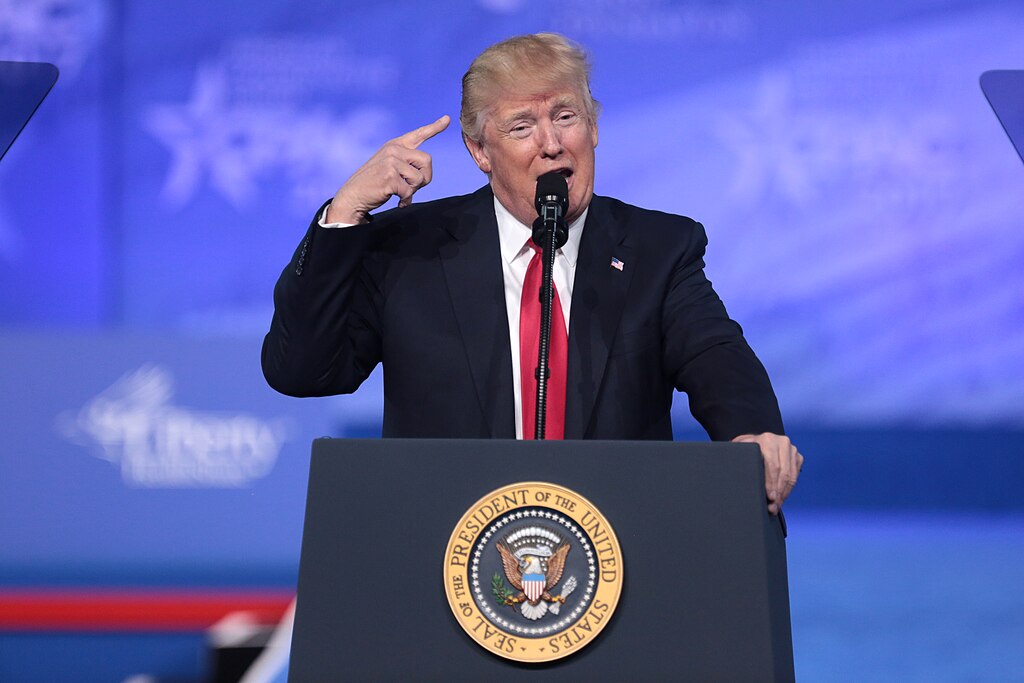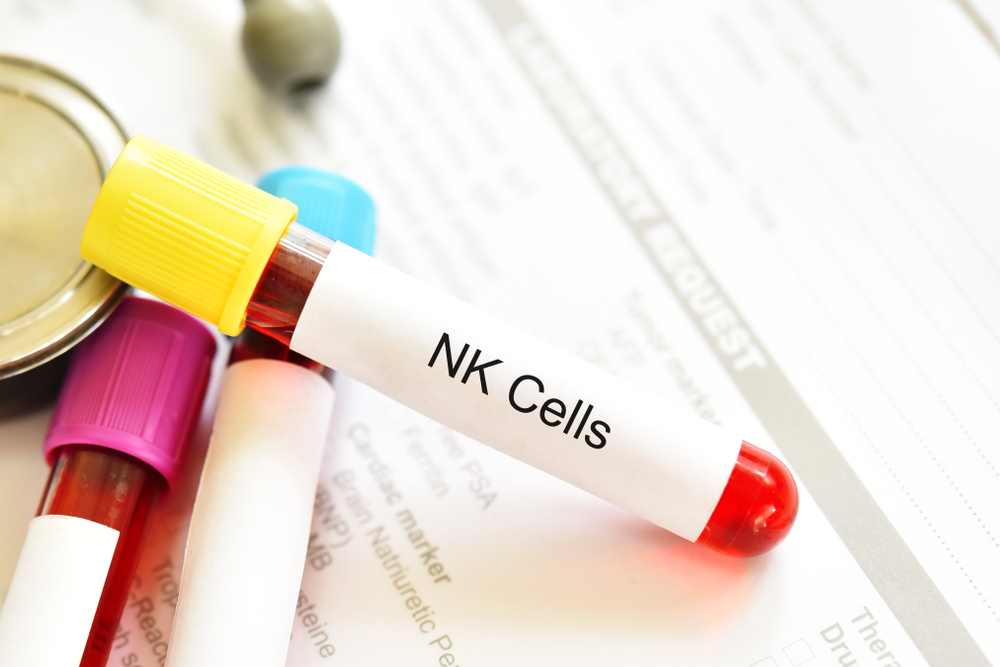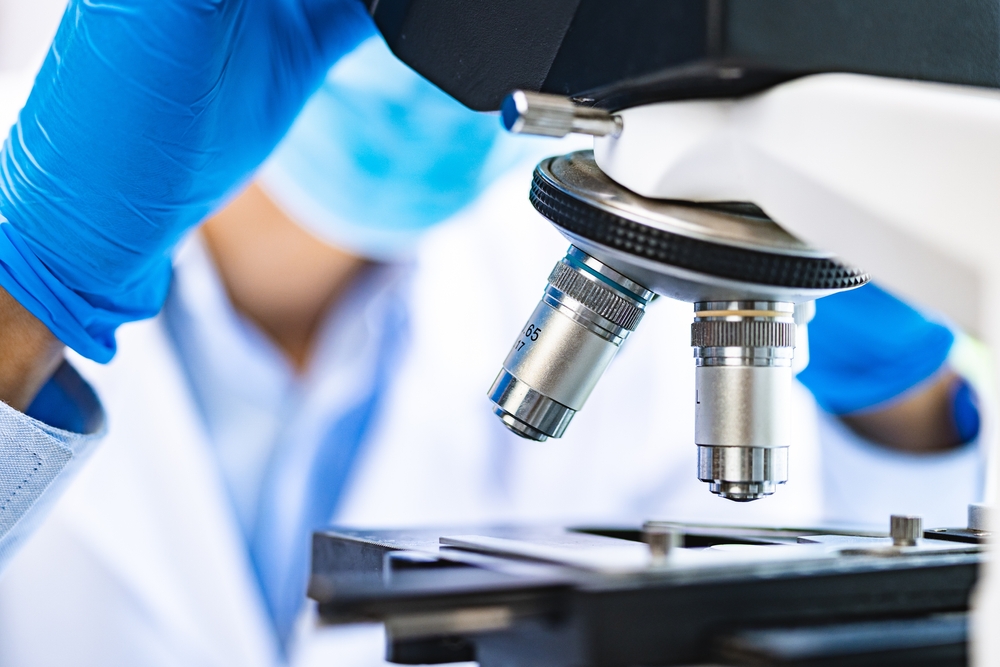 #News
#News
Tackling future pandemics with global diplomacy
International organizations are working together to foster innovation in health and equitable access to vaccines and medicines, striving to ensure a more effective response to potential future health crises
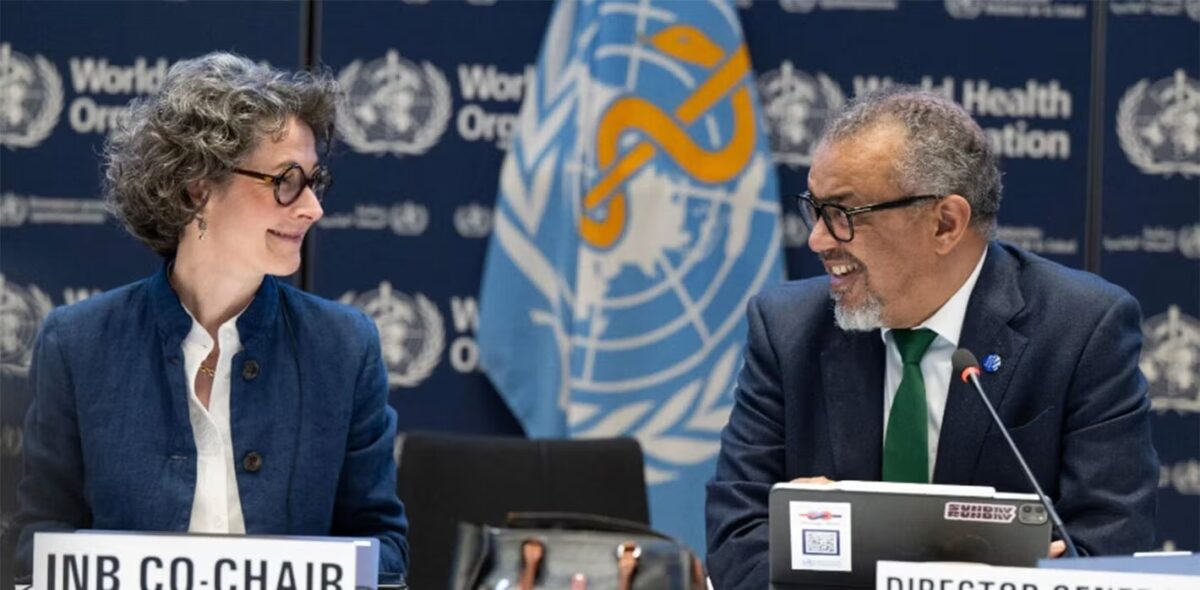 In April, the member states of the World Health Organization (WHO) drafted a proposed pandemic agreement for consideration at the next World Health Assembly in May. The proposal aims to strengthen global collaboration on preventing, preparing for, and responding to future pandemic threats | Image: OMS/Christopher Black
In April, the member states of the World Health Organization (WHO) drafted a proposed pandemic agreement for consideration at the next World Health Assembly in May. The proposal aims to strengthen global collaboration on preventing, preparing for, and responding to future pandemic threats | Image: OMS/Christopher Black
Against an increasingly uncertain international landscape, scientific diplomacy is proving essential to tackling global health challenges. The risk of a new pandemic—not imminent, but a real possibility—has intensified debate and rallied leaders around the world. Recent history has heightened concerns: the COVID-19 pandemic exposed structural flaws in the global response to health crises, highlighting inequality in access to vaccines and medical supplies.
At the same time, controversial measures adopted by the Trump administration, such as the decision to withdraw the US from the World Health Organization (WHO), have upset the diplomatic balance, directly impacting international scientific cooperation. The uncertainty sparked by such decisions is still being felt on the global stage, making it essential to strengthen ties between nations to ensure a more efficient and effective response to future health emergencies.
Thus, the second Global Pandemic Preparedness Summit (GPPS), held in Rio de Janeiro, was of great importance. In July 2024, representatives of ten organizations signed a letter calling for sovereignty in health, innovation, and the development of diagnostic methods, vaccines, and medicines to address international public health emergencies in the Global South.
The document, titled the “Rio de Janeiro Declaration,” proposes guidelines for a new relationship between rich and poor countries with the aim of creating stronger and more equitable partnerships to tackle future health crises.
The COVID-19 pandemic was marked by countries frantically racing to obtain masks, personal protective equipment, and respirators. Public agencies in developed nations even diverted supplies during transit through airports, redirecting essential products away from their intended destinations.
In early 2020, for example, the US intercepted a shipment of 200,000 artificial respirators manufactured by China and purchased by Germany, by offering to pay more for the products.
The problem continued into 2021, when many rich countries purchased vaccines that were still in production, sparking a process of unequal distribution—at the peak of the pandemic, 25% of the world’s population had purchased more than 75% of the vaccines.
Pharmaceutical monopolies were also allowed to retain intellectual property rights, leading to vaccines being sold for up to 10 times their production cost.
“A lack of solidarity left poor countries in a delicate situation, which compromised global strategies for combating the novel coronavirus,” says Mario Moreira, president of the Oswaldo Cruz Foundation (FIOCRUZ), one of the organizers of the GPPS alongside Brazil’s Ministry of Health and the Coalition for Epidemic Preparedness Innovations (CEPI).
To overcome these disparities, the Rio de Janeiro Declaration urges countries and institutions to increase international cooperation in science and technology, accelerating research, technology transfers, and innovations linked to the production of vaccines, medicines, diagnostic tools, and other health technologies that could be useful against future pandemics.
The document also calls for academic and research institutions in developing countries to work together to increase their knowledge-production efforts, forging strategic alliances to develop policies capable of addressing current and future challenges.
“There is currently no strategy capable of producing six billion doses of a vaccine for a new disease in a short period of time without the participation of countries in the Global South,” explains FIOCRUZ’s Mario Moreira.
The document is based on the observation that the climate crisis and environmental degradation have changed the way infectious diseases are spread, increasing the risk of humans coming into contact with pathogens that could cause new health crises, and that the world remains ill-prepared for another pandemic, with a scarcity of collaborative surveillance, diagnostic tools, and funding.
A 2023 study by researchers from the Center for Global Development, USA, estimated that there is a 19% chance of a new pandemic occurring in the next five years. In the next 10 years, the likelihood is 35%.
Strengthening global research
For some time, the World Health Organization (WHO) has been highlighting the need for scientists and governments to strengthen and accelerate global research in preparation for new pandemics, emphasizing the importance of expanding investigations to include entire families of pathogens that could infect humans.
Thousands of known viruses and bacteria can infect humans, but a relatively small number have ever caused pandemics or epidemics.
Much of the information needed to make decisions about these pathogens is unavailable, not documented in the literature, or not adequate for systematic review.
The specific number of pathogens to be considered could change over time as we improve our understanding of infectious diseases and new pathogens emerge or known ones evolve.
During the Global Pandemic Preparedness Summit, the WHO released the findings of a global pathogen prioritization process that was started in 2020 and involves more than 200 scientists from over 50 countries, who evaluated evidence related to 28 viral families and a core group of bacteria, covering 1,652 pathogens.
The WHO report highlights 27 pathogens (and their variants) that should be closely monitored by the medical and scientific communities. Previous versions of the document released in 2017 and 2018 contained just 11 microorganisms.
According to the nonprofit organization FIND, which connects countries, communities, funders, decision-makers, healthcare providers, and developers, the novel coronavirus is the only pathogen with outbreak potential for which there is adequate diagnostic readiness.
“It is important for countries to have well-established communication channels that can be quickly activated in the event of a health crisis,” stresses Amâncio Jorge Silva Nunes de Oliveira, executive coordinator of the Advanced School of Scientific Diplomacy and Innovation (InnScid) and a professor at the Center for Studies of International Negotiations at the University of São Paulo (USP).
One recent such initiative was the Global Health Security Strategy, launched by the US in April to provide public health support to more than 50 countries, aiming to help them more effectively prevent, detect, and manage outbreaks.
The program is also designed to strengthen global health security through bilateral partnerships.
“This strategy lies at the intersection of health security and scientific diplomacy, based on the US government’s conclusion that future global health crises cannot be tackled without international partnerships,” says Oliviera.
The American approach comes at a time when the WHO’s 194 member states are struggling to ratify a global agreement on how to deal with new pandemics. Although the US participates in these negotiations, the country has historically preferred bilateral agreements as a more efficient way of improving global health security.
Talks have been taking place since 2021, with Brazil representing the Americas region on the steering committee.
At the 77th World Health Assembly, held in Geneva, Switzerland, in May, the nations met again to discuss international guidelines for preparing for, preventing, and responding to future pandemics, but disagreements between the participants prevented any progress from being made on the agreement.
The aim was for the treaty to establish legally binding policies for WHO member countries on pathogen surveillance, rapid sharing of outbreak data, and local production and supply chains for vaccines and medicines, among other commitments.
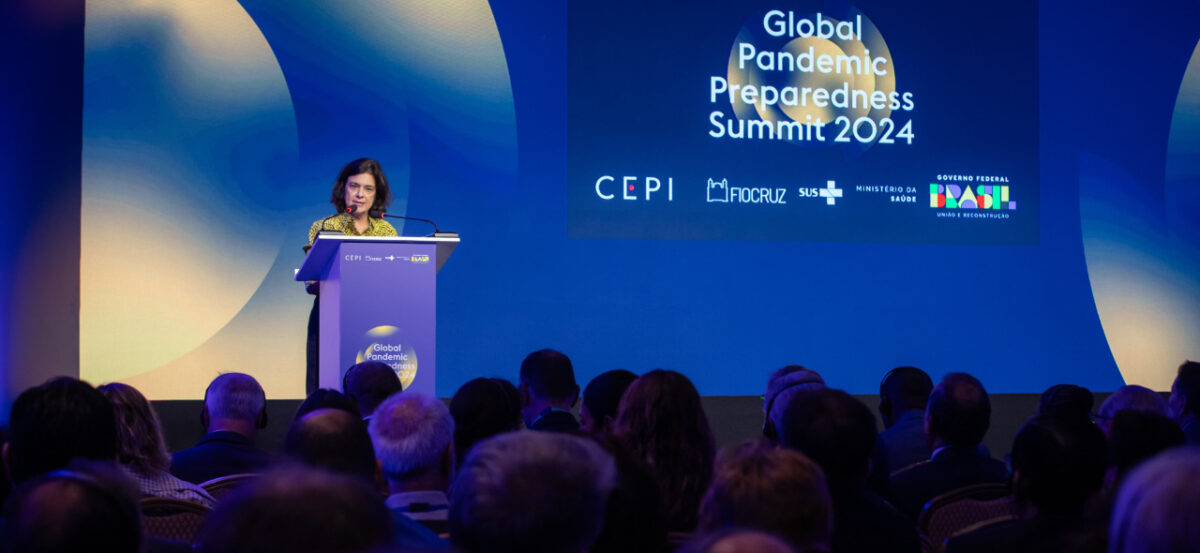
The Intergovernmental Negotiating Body (INB), responsible for coordinating the talks, plans to ask for more time to continue discussions.
Igor Barbosa, head of the global health division at Brazil’s Ministry of External Relations, says the main difficulty has been access to the drugs and medical supplies needed to deal with new pandemics, which involves transfer technology agreements for local production, price transparency, and regulatory issues.
“The central countries, especially those in the G7, are not willing to give up their prerogatives and privileges,” says Barbosa.
Another sensitive issue is funding for the creation of a multilateral system, led by the WHO, to grant access to pathogens with pandemic potential from around the world and to the inputs needed to combat them.
“Developing countries have been reluctant to share information about their pathogens without guarantees of access to vaccines and other health products,” says Barbosa, from the Ministry of External Relations.
“Rich countries, meanwhile, claim they already offer various financial support mechanisms to the developing world in this regard.”
One is the Pandemic Fund, created in September 2022 to provide multiyear grants to help low- and middle-income countries prepare for future pandemics.
Hosted by the World Bank and led by the US, the fund received 179 applications from 133 countries after its first call for proposals and awarded US$338 million in July 2023 to help 37 countries strengthen their capacity to prevent, prepare for, and respond to pandemics.
The US pledged an additional US$667 million to the fund in July 2024, while Germany committed US$54 million.
Efforts in Brazil
Brazil has also been working with the Pan American Health Organization (PAHO), a branch of the WHO, to strengthen existing mechanisms for acquiring vaccines, medicines, and diagnostic tools.
“Our strategy has been to foster debate, explore opportunities, identify challenges and innovative solutions, and promote connections between the various stakeholders in the innovation and production ecosystem of vaccines and other health technologies, with the objective of strengthening value chains for local production of these supplies in Latin America,” explains Barbosa.
An important step was taken in this direction with the Brazilian government’s launch of a plan to support construction of a Health and Innovation Economic-Industrial Complex for the country’s public health system (SUS), with public and private investment of between R$42 billion and R$60 billion until 2026.
The aim is to stimulate the development of chemical, biotechnological, mechanical, electronic, and materials-based industries in Brazil, as well as health services. The move is expected to increase domestic production of supplies and equipment for SUS by 42% to 70% within ten years, reducing dependence on foreign countries.
Another important change occurred at FIOCRUZ’s Institute of Immunobiological Technology (Bio-Manguinhos), which in August joined the CEPI network of vaccine manufacturers in the Global South.
“The initiative will support us in studying molecules with potential for rapid development of medicines and vaccines for infectious diseases that could cause epidemics or pandemics, ensuring supply to less privileged countries, so that what happened during the COVID-19 pandemic does not happen again,” explains Maurício Zuma Medeiros, director of Bio-Manguinhos.
The partnership includes an investment of US$17.9 million by CEPI to diversify Bio-Manguinhos/FIOCRUZ’s vaccine-manufacturing capabilities, expanding new rapid response mRNA and viral vector immunization technology platforms for infectious diseases.
There is a long and far-reaching tradition of health diplomacy at FIOCRUZ, heavily focused on structural cooperation, helping countries develop their own health and health research systems.
One successful example is Mozambique, where FIOCRUZ opened its first international office in 2008.
“We helped create the Mozambican Medicine Society, a factory that today supplies the country’s health system,” says Moreira.
At the regional level, FIOCRUZ works with PAHO to reinforce multilateralism in Latin America and the Caribbean, through projects designed to help countries improve in the areas of diagnosis and medicine and vaccine development and production.
The aim, says Moreira, is to create a well-coordinated regional network capable of responding to future pandemics and ensuring continuous preparedness.
“History has shown us that it is a question of ‘when’ the next pandemic will occur, not ‘if,’” says Moreira.
“Multilateral collaborations involving scientists and institutions from various countries are needed to advance our knowledge about the pathogens around us.”
*
This article may be republished online under the CC-BY-NC-ND Creative Commons license.
The text must not be edited and the author(s) and source (Science Arena) must be credited.
